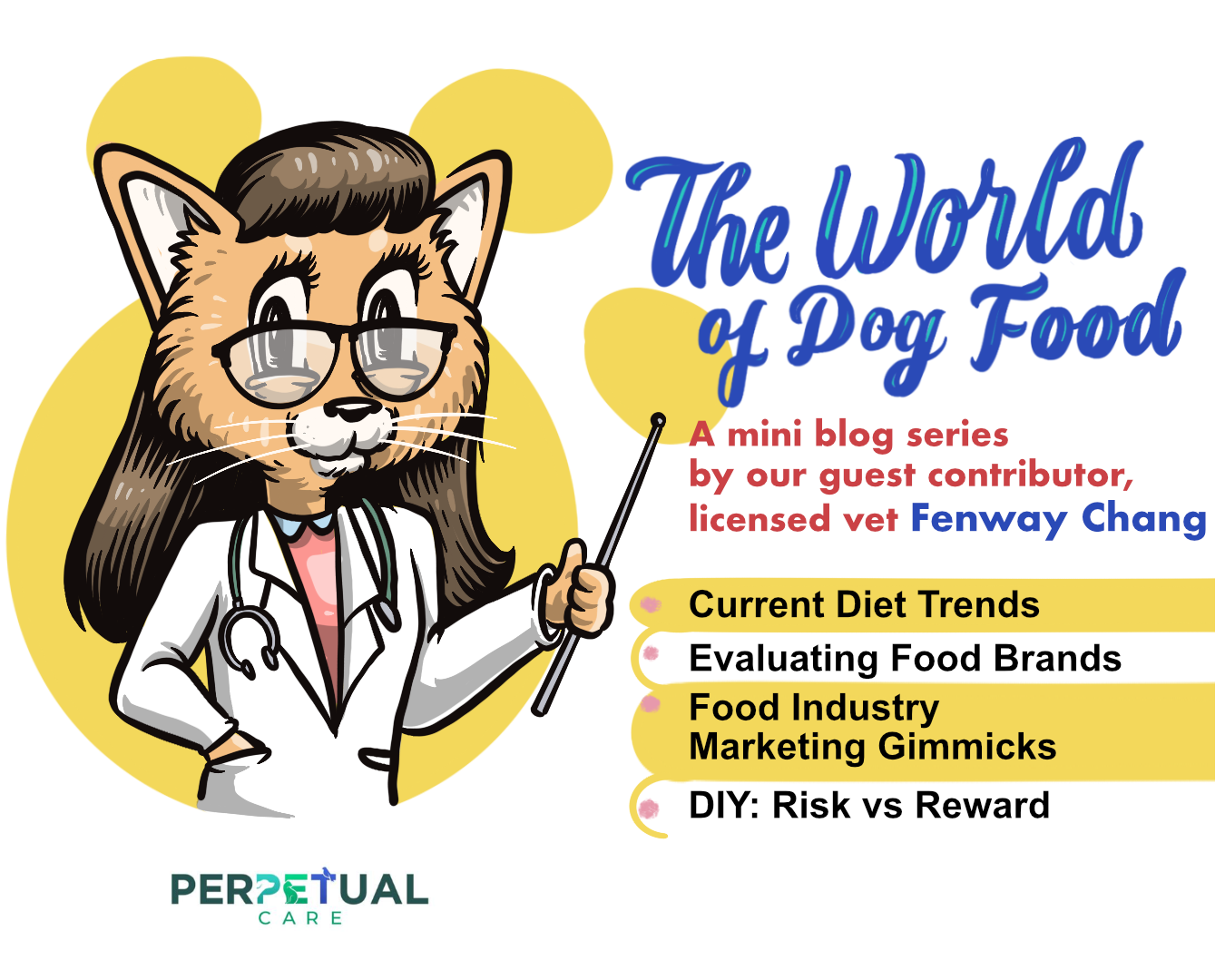How to Evaluate Food Brands
Conventional, commercial diets include both dry kibble and canned wet food. There are a wide range of diets out there, and choosing one of them can be very difficult if you don't know what to look for beyond the colorful packaging.

Conventional, commercial diets include both dry kibble and canned wet food. There are a wide range of diets out there, and choosing one of them can be very difficult if you don't know what to look for beyond the colorful packaging, so here are a few tips for evaluating commercial diets for an otherwise healthy dog:
What information can we find on the label?
- Nutritional Adequacy Statement, which means the diet should be classified as “complete”, “short term”, “intermittent” or “complementary”. It might also specify the requirements that were met by life stage feeding trials or formulations. If a diet is classified as complete, it means that it meets the requirements for long-term feeding, whereas short term or intermittent diets may be prescribed for certain health conditions. Complementary diets should only be considered as supplements (less than 10% of the total feeding amount) and not a proper meal.
- Nutritional composition, which includes the list of ingredients, additives, and the food's analytical constitution. Caloric information is not required on pet food labels in Europe, but it should be available upon request.
- Contact information of the manufacturer should be easily accessible on the packaging. You might be able to find out whether the food was produced by the company’s own plant or a third party manufacture on the package, too.
- Batch number and plant approval number.
- Best before date.
For more details on interpreting European food labels, check out this flyer.
What additional details should manufacturers provide upon request?
- The food should have passed certain quality control processes for both ingredients and finished products. The European Pet Food Industry Federation (FEDIAF) has guidelines for nutritional profiles of commercial pet diets, which include ingredient validation, final diet nutrient analysis, toxicology, bacteriology and packaging/shelf-life screening.
These next two points are not mandatory but are indicative of quality and safety practices.
- Does the company employ veterinary nutritionists?
- Are there any product research results and analyses or nutritional studies?
Why not try writing to the manufacturer of your chosen brand? Let us know their response!
- For more detailed guidelines on understanding labels, check out the WSAVA toolkit.
- A handout of the FEDIAF code for good labeling practices for pet food can be read here.





